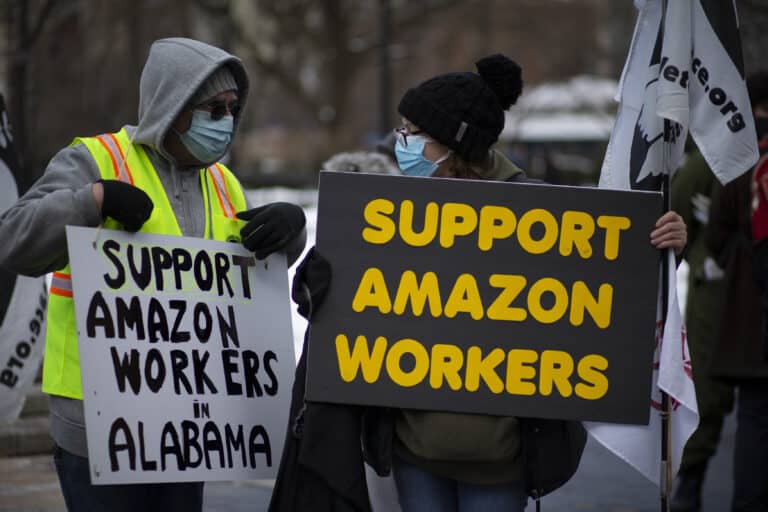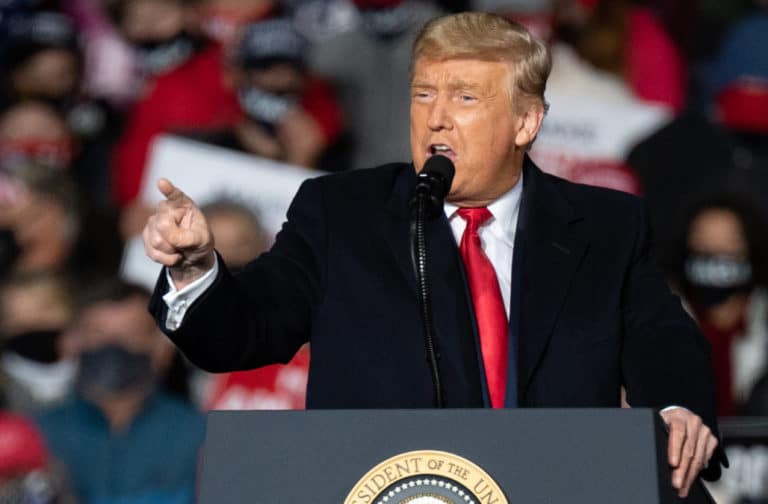
Benjamin Sachs is the Kestnbaum Professor of Labor and Industry at Harvard Law School and a leading expert in the field of labor law and labor relations. He is also faculty director of the Center for Labor and a Just Economy. Professor Sachs teaches courses in labor law, employment law, and law and social change, and his writing focuses on union organizing and unions in American politics. Prior to joining the Harvard faculty in 2008, Professor Sachs was the Joseph Goldstein Fellow at Yale Law School. From 2002-2006, he served as Assistant General Counsel of the Service Employees International Union (SEIU) in Washington, D.C. Professor Sachs graduated from Yale Law School in 1998, and served as a judicial law clerk to the Honorable Stephen Reinhardt of the United States Court of Appeals for the Ninth Circuit. His writing has appeared in the Harvard Law Review, the Yale Law Journal, the Columbia Law Review, the New York Times and elsewhere. Professor Sachs received the Yale Law School teaching award in 2007 and in 2013 received the Sacks-Freund Award for Teaching Excellence at Harvard Law School. He can be reached at [email protected].

Sharon Block is a Professor of Practice and the Executive Director of the Center for Labor and a Just Economy at Harvard Law School.
By Sharon Block and Benjamin Sachs
In September, we shared our plan to hold a symposium at Harvard Law on the question of whether it is time to end labor preemption. The symposium brought together leading labor law scholars and practitioners to wrestle with this big question. To help give context to the symposium discussion, we had asked several thought leaders to help paint the picture of what is at stake in this debate by exploring ways that workers are already organizing outside of the confines of the National Labor Relations Act and models that they might pursue, if given the opportunity.
Our colleagues at the Harvard Law and Policy Review have now made these papers available to the public with a special on-line issue. The papers include:
- Charlotte Garden, The Seattle Solution: Collective Bargaining by For-Hire
Drivers & Prospects for Pro-Labor Federalism - Jose Garza, Outrunning the Devil: Considering the Implications of Relaxing the NLRA’s Preemption Regime for Working Texas Families
- Kate Andrias, Social Bargaining in States and Cities: Toward a More Egalitarian and Democratic Workplace Law
- Seema Patel and Catherine Fisk, California Co-Enforcement Initiatives that Facilitate Worker Organizing
- Wilma Liebman, Does Federal Labor Law Preemption Doctrine Allow Experiments with Social Dialogue?
These papers chronicle some of the most innovative worker organizing going on across the country – for workers outside the purview of the National Labor Relations Act. They are important experiments and can be seen as part of a bigger dynamic of progressive labor reform going on in blue states and cities, in the face of paralysis at the federal level. This bigger trend includes the following state and local legislation taking effect in the new year:
- minimum wage increases in 18 states and 19 cities, eventually benefitting more than 15 million workers
- new bans on asking about salary history (CA, DE, RI, NYC)
- ground-breaking comparable worth law (MA)
- new and expanded sick and family leave laws (St. Paul, NV, NY, WA)
- fair and predictive scheduling requirements (OR)
- enhanced pregnancy accommodation requirements (MA, VT)
For workers covered by the NLRA – even in the bluest of the blue states — while 2018 may bring new labor standards, it will not bring exciting new frameworks for experimentation in worker voice and organizing. The broad preemptive effect of federal labor law means that the energy and creativity that is fueling minimum wage, scheduling and paid leave campaigns cannot be applied to campaigns for new ways to expand collective bargaining for the vast majority of the private sector.
The members of Trump’s National Labor Relations Board started the holiday season by further restricting and constraining the federal right to collective bargaining, putting the missed opportunity cost imposed by federal labor law preemption into even greater relief. The need for fundamental labor law reform will only grow in 2018. With it will grow the need to continue the debate over labor law preemption. We hope these new symposium papers will help foster and inform that debate.








Daily News & Commentary
Start your day with our roundup of the latest labor developments. See all
December 13
In today’s News & Commentary, the Senate cleared the way for the GOP to take control of the NLRB next year, and the NLRB classifies “Love is Blind” TV contestants as employees. The Senate halted President Biden’s renomination of National Labor Relations Board Chair Lauren McFerran on Wednesday. McFerran’s nomination failed 49-50, with independents Joe […]
December 11
In today’s News and Commentary, Biden’s NLRB pick heads to Senate vote, DOL settles a farmworker lawsuit, and a federal judge blocks Albertsons-Kroger merger. Democrats have moved to expedite re-confirmation proceedings for NLRB Chair Lauren McFerran, which would grant her another five years on the Board. If the Democrats succeed in finding 50 Senate votes […]
December 10
In today’s News and Commentary, advocacy groups lay out demands for Lori Chavez-DeRemer at DOL, a German union leader calls for ending the country’s debt brake, Teamsters give Amazon a deadline to agree to bargaining dates, and graduates of coding bootcamps face a labor market reshaped by the rise of AI. Worker advocacy groups have […]
December 9
Teamsters file charges against Costco; a sanitation contractor is fined child labor law violations, and workers give VW an ultimatum ahead of the latest negotiation attempts
December 8
Massachusetts rideshare drivers prepare to unionize; Starbucks and Nestlé supply chains use child labor, report says.
December 6
In today’s news and commentary, DOL attempts to abolish subminimum wage for workers with disabilities, AFGE reaches remote work agreement with SSA, and George Washington University resident doctors vote to strike. This week, the Department of Labor proposed a rule to abolish the Fair Labor Standards Act’s Section 14(c) program, which allows employers to pay […]